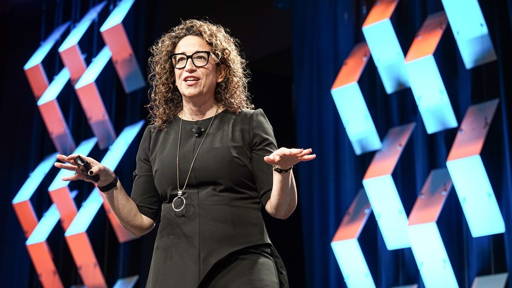Obsolete reactors
This radioactive isotope (molybdenum-99) is used to diagnose serious diseases such as cancer. The radioactive material is used in the making of scans in hospitals. By injecting the material bones, heart muscle, coronary arteries and thyroid glands can be visualized better.This isotope is produced in nuclear reactors nowadays, for instance in energy research center ECN Petten, where a third of the world production is produced. These reactors are outdated and need a lot of care and attention. Moreover, there is potential danger of leakage of radioactive material. As a result, production and physicians can not always use this isotope because production is slow, with the result that diagnoses taken longer.
Consortium
ASML will not be developing the isotopes themselves. A consortium is now set up to look into this discovery. ASML provides the consortium with its patents and knowledge on the subject. The technology will be further developed and perhaps in the future it might be possible to build a factory, according to ASML.Win-win situation
If this discovery has developed further, it is possible in the future to produce significant medical isotopes without the enriched uranium and without nuclear waste. An accidental discovery that could be an enrichment to both the medical community as of the environment.ASML is one of the world’s leading manufacturers of chip-making equipment. Headquartered in Veldhoven, the Netherlands, ASML employs more than 14,000 people.








